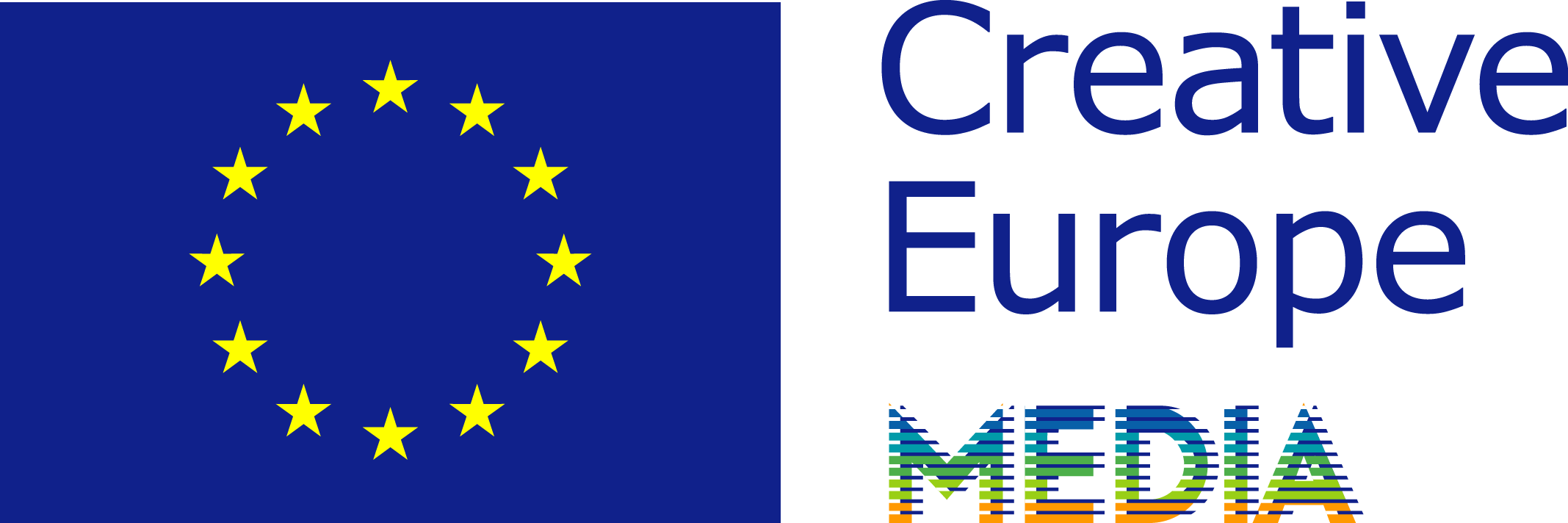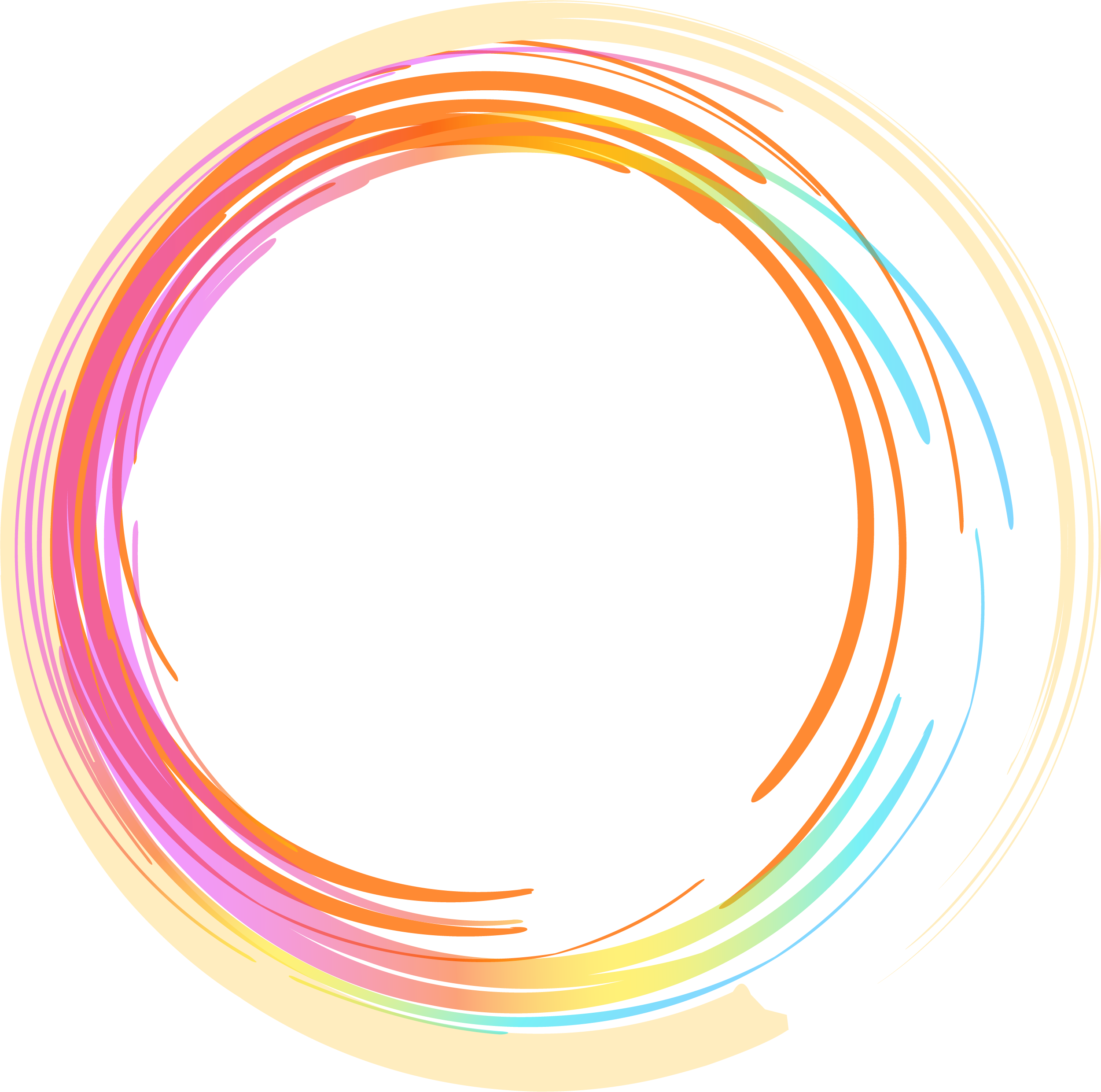All over Europe, independent public interest media are being established. But there is a limited shared understanding on the most effective business models for European independent media. While there are a plurality of approaches – from membership to paywalls and grant funding – and examples of success stories, a comprehensive and systematic framework has yet to be established.
Through the Journalism Value Project, we aimed to support European public-interest media to become financially sustainable through better monetising the value they provide to society. The project provides an overview of European not-for-profit media, a section of experience-sharing in form of 25 podcasts, and a whitepaper to frame a renewed debate on the future for independent media in Europe.
The project ended on April 30, 2025.
Read more on the Journalism Value Project website
Consortium members
The Journalism Value Project was run by a consortium of five partners that were all organically European and cross-border at their core:
Arena for Journalism in Europe facilitates open networks for journalists to collaborate across borders and enhances the field through training, publishing articles, speaking, developing educational materials, and advising on cross-border collaborative journalism. The Reference network is currently being incubated by Arena.
Netzwerk Recherche, a non-profit, is Germany’s association of investigative journalists. For years, it has supported, and advocated for, the case of non-profit journalism on a national and European level in multiple ways (workshops, conferences, lobbying, grants, research).
Átlátszó Erdély is an investigative journalism outlet covering the 1,2 million Hungarian community living in the Transylvanian region of Romania.
Fumaça is a Portuguese outlet, bringing investigative reporting in podcast form, often focused on covering inequalities and injustices in Portugal and around the European Union.
Investigate Europe is legally registered in Germany as a European cooperative, but has a presence in 12 different countries. It functions as a multinational team that merges national facts in order to point out responsible transnational structures and actors in issues of Europe-wide relevance.
Project Coordinator: Arena for Journalism in Europe
Contact: Johanna Pisco – johanna@journalismarena.eu
Acknowledgement
The Journalism Value Project, awarded under the title “Monetising Value, towards financial sustainable independent public-interest journalism”, was co-funded by the European Union. Views and opinions expressed are however those of the author(s) only and do not necessarily reflect those of the European Union or the European Education and Culture Executive Agency (EACEA). Neither the European Union nor EACEA can be held responsible for them.


